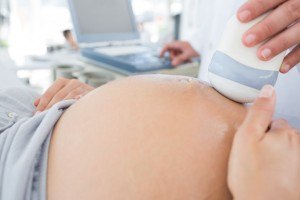Researchers have found that using donated eggs in fertility treatments may increase the risk of complications such as pre-eclampsia and high blood pressure.
Pre-eclampsia tends to affect sufferers in the second half of pregnancy or after the baby is delivered, and affects around 5-8% of pregnancies. However, risks are higher for women who are pregnant in their teens or past the age of 40.
The Institut Mutualiste Montsouris studied 580 IVF patients in France, and suggested that egg donation is also a risk factor for pregnancy-induced hypertension and pre-eclampsia. 217 of the women in the study became pregnant with donated eggs, and 18% of that 217 developed hypertension. This is a significant number when compared to the 5% of women who developed pre-eclampsia after ‘normal’ IVF.
Is Risk Associated with Age?
Previously, the increased risk was thought to be the result of age rather than donor eggs, as older mothers tend to use donated eggs more frequently. However, the study focused on women under the age of 43 and the study concluded that patient age only produced a small increase in risk.
Authors of the study have suggested that immune system incompatibility between the mother and genetically unrelated embryo may be the cause, but the hypothesis was not tested in the study.
Some other studies appear to support the conclusions of the Montsouris group but others disagree. Until there are universally-agreed, peer-reviewed, double-blind studies, this possibility of increased risk is something we should be generally aware of.

